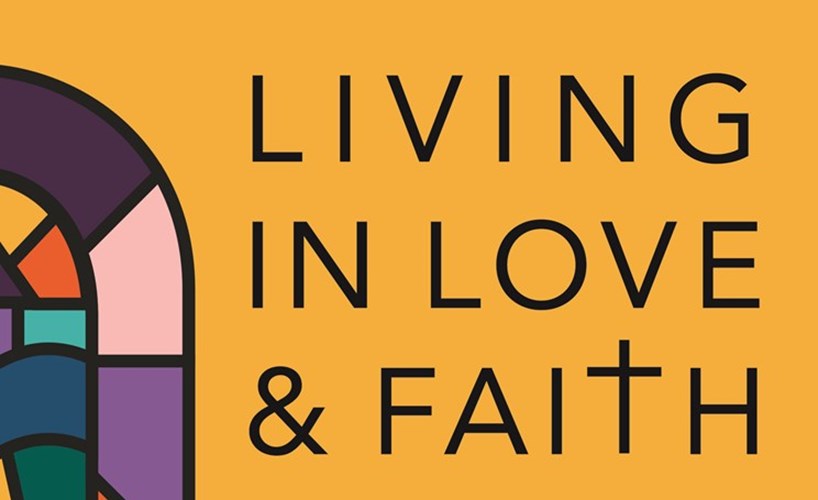
The Church of England has published a landmark set of resources drawing together the Bible, theology, science and history with powerful real-life stories as it embarks on a new process of discernment and decision-making on questions of identity, sexuality, relationships and marriage.
Please see a message from Bishop of Swindon, the Rt Rev'd Lee Rayfield below.
You can find all of the LLF resources on the LLF learning hub.
Dear friends in Christ,
Living in Love and Faith (LLF)
Today the Church of England publishes the “Living in Love and Faith” (LLF) resources. This begins a new process of discernment and decision-making on questions of identity, sexuality, relationships and marriage. These resources have been designed to help all God’s people come together to learn about and discuss matters of human identity and sexuality, an arena which, as the Church of England, we have found very difficult for a number of years. Our difficulties have often caused hurt and puzzlement both inside and outside the Church and been a stumbling block to our collective witness.
This suite of resources has been commissioned and commended by the Bishops to assist the Church as a whole to engage with greater knowledge, understanding, wisdom and compassion. It is to be rooted in the good news at the heart of the Christian faith, providing insights, encouragement and waypoints which might engage and bless those outside our doors as well as inside.
The Archbishops will be writing to all clergy in the next few days about the variety of resources that are now being provided for church communities to explore and use. One of the most significant of these resources is the book with the title “Living in Love and Faith.” It is a substantial volume of over 400 pages which will be available to order or download from the LLF Learning Hub – accessible via churchofengland.org/LLF. There you will also find a host of specially commissioned films and podcasts. Together with an online library for further study, this will all be accessible to all God’s people.
The book is a very significant resource drawing on a broad range of insights and knowledge from different disciplines – including history, science, theology, scripture, hermeneutics and lived experience. Although this might conjure up unhelpful images of acres of potentially dry text to be digested and debated, the vision behind this whole venture makes clear that LLF is fundamentally about enabling relational learning. To support this, a comprehensive LLF Course/Study Guide has been produced covering key themes such as Identity, Relationship, and Sex and Life together. In addition, video material and podcasts have been produced to accompany the course and aid listening and engagement with the themes and with one another.
So what is the plan, in our Diocese, to make use of these resources? How can we ensure we maximise their potential for engaging together in this much needed, but very sensitive, task at a time when the pandemic has left many of us weary and feeling less resilient?
First of all, this is not something which requires immediate action. Now the suite of resources has been produced, it is envisaged that we will, as God’s Church, engage in a period of reflection, learning and discernment for about a year. Indeed LLF has always been envisaged as a journey of learning together over a lengthy period. Indeed, engagement with one another within dioceses is scheduled to last through 2021. The experience of the learning will then flow into discernment processes and come before General Synod in 2022.
Like a number of other dioceses, here in Bristol we plan to begin our journey in the new year. Bishop Viv has asked me to take the lead in engaging wisely, well, and in a timely fashion with LLF, and the Bishop’s Staff will be considering plans for this in the coming week. These will include learning events, led by those working at a national level, aimed at helping our church leaders become familiar with LLF as a whole, how they can make best use of the resources, and the place and importance of the Pastoral Principles in enabling open honest and gracious conversations across the diocese.
We have approached the National Coordinator about training diocesan facilitators who can assist deaneries, parishes, chapters and synods in their engagement with LLF. Our chaplaincies and staff in church schools will also be invited to take part in the journey.
Please pray that in these coming months and years, our listening and learning together might, in the Bishop of Coventry’s words, “help us to discern together the work of the Holy Spirit in our common life and lead us into the future that God has for us as we seek together to serve Christ fully and faithfully.”
Yours in the Pioneer and Perfector of our Faith
Lee Rayfield
Bishop of Swindon